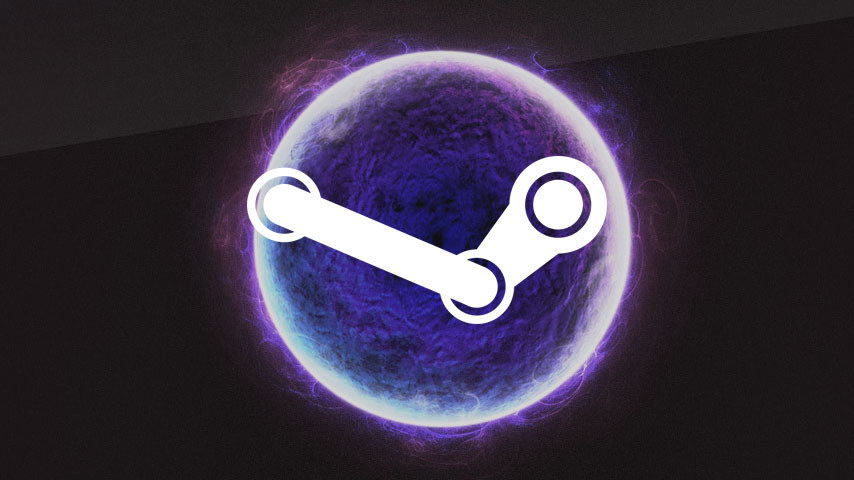
Steam OS was released in its first iteration almost a year ago. It
was Valve’s attempt to move towards a PC gaming operating system that emulated the experience of consoles, without the impracticalities and overheads of Windows. It also avoid various legal and licensing issues with Microsoft that are costly and undesirable for games developers.
For those of you that aren’t aware, Steam OS is a Debian-based Linux distribution, centred around Valve’s Steam content distribution and management platform. Early experiments with porting games to Linux seem to suggest that, by avoiding the unnecessary performance concessions that Windows creates, game performance has the potential to be significantly better on Steam OS (and other Linux platforms) compared with Windows.1Though due to the ‘beta’ nature of the OS and limited native support for games, that potential has only been realised in a small number of specific cases, such as Valve’s own Source engine-based games.
However, public reception of Steam’s plan has not been as good as I suspect Valve might have hoped for. Firstly, a delay in the release of ‘Steam Machines’2Valve’s dedicated gaming PC guidelines, designed for the living room, and open to manufacture by anyone. meant that the market presence of Steam OS (which would have been installed on those machines by default) is less than it otherwise would have been. Secondly, games developers, for the most part, have not really gotten on board with Linux development. It’s a vicious cycle: the market is not there so the costs of developing for the platform outweigh the benefits, yet the market will not grow until games are available to begin with.
There are benefits for developing for an open platform, of course, which should make it attractive for new games to be developed for Linux in future. Not having to worry about the costs of approval by Microsoft or Sony on consoles, and not having to worry about Windows (and OS X) related issues on PCs is a big win for creative freedom.
But I think there is one golden opportunity available now for an insightful bunch of developers to kick start the shift towards Linux gaming. This is by opening up a development house that solely focuses on porting existing popular games and older PC games so that they can run natively on Linux at optimal performance. This appears to be at least one very compelling way to break the vicious cycle and begin widespread adoption of Steam OS (or other Linux distros) as primary gaming OSes. Once enough growth has occurred, larger developers will see it as financially viable to develop for the platform. And since the intrinsic costs of the platform are lower than almost any other, the threshold for entry into the market for Linux games development should be lower too.
Why should I care?
If you are a budding developer and you manage to create a successful porting house, I imagine it will be quite lucrative for you. For the rest of us, it is one giant step towards platform agnosticism for games, which means that barriers to entry for games developers are reduced. It means that selling prices for games can potentially be reduced. It means that performance of games should become better than on specialised platforms, especially as hardware manufacturers start to take advantage of the fact that they can tweak their drivers for optimal horsepower as a result of having fewer restrictions enforced upon them. It means that gaming hardware can be dynamic, and that we are not locked into one ecosystem (Steam is just one piece of the Linux puzzle). And maybe, just maybe, it might stop fanboy arguments about which platform is better and start getting people talking about the important stuff – creative ideas and innovations within gaming media.
Notes
| ⇑1 | Though due to the ‘beta’ nature of the OS and limited native support for games, that potential has only been realised in a small number of specific cases, such as Valve’s own Source engine-based games. |
|---|---|
| ⇑2 | Valve’s dedicated gaming PC guidelines, designed for the living room, and open to manufacture by anyone. |

